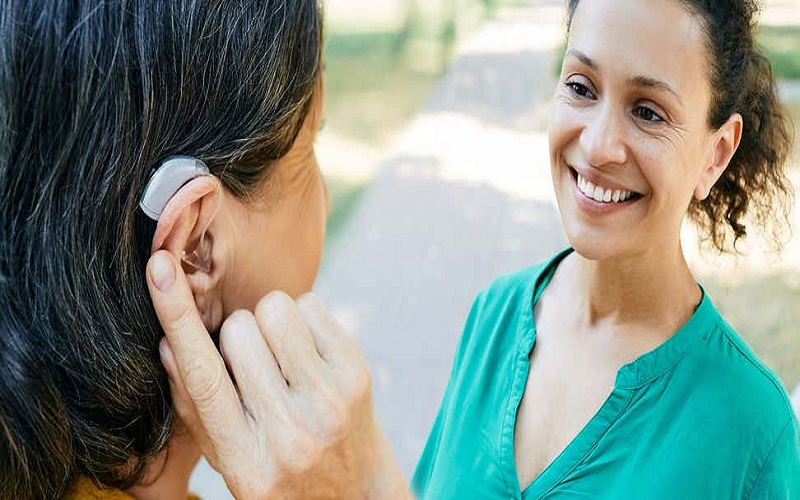Health Effects of Seasonal Affective Disorder (SAD)
Today 5% of adult Americans and 2% to 3% of Canadians suffer from Seasonal Affective Disorder. In tropical countries, Seasonal Affective Disorder usually shows up during the rainy or monsoon seasons. Rarely a condition known as “summer depression” or SAD can strike during the summer.
Seasonal affective disorder (a.k.a. “SAD”) is a form of depression that typically manifests in the fall or winter and has a seasonal pattern. A decline in interest and enjoyment in hobbies and activities, exhaustion, sadness, a lack of vigor or motivation, a sense of hopelessness, excessive sleeping, difficulty concentrating, and withdrawal from friends and family are all signs of Seasonal Affective Disorder.
The root cause of this mental health remains largely unknown to science. Too much melatonin is generated, which causes hypersomnia or oversleeping. Changes in serotonin and melatonin levels disturb daily cycles that influence mood and behavior.
Seasonal Affective Disorder may also be exacerbated by unpleasant memories associated with the holidays. This requires thinking back on or refocusing on one’s own challenges, the pressure to observe or be around Western or Christian holidays, or the excessively stimulating circumstances and expectations that surround the holiday season and can be strenuous.
The disruption of routine caused by summer vacations can also result in depressive feelings during the summer. A psychiatrist named Sonal Anand offers a wide range of potential summertime Seasonal Affective Disorder causes. Included in this is the discomfort brought on by oppressive heat and humidity. Beach parties, which frequently bring up issues of body image and put pressure on people to look a certain way, especially considering widely accepted and fat-phobic standards of body image, are another example of social gatherings she predicts will take place this summer.
Despite the DSM challenging these theories because they relate to social issues rather than seasonal patterns, it can be argued that these connections legitimately have an impact on our mental healthas meaning-making creatures. We associate the changing of the seasons with memories that are ingrained in the surroundings and bear the characteristics of their ancestors. That covers the weather as well.
Given everything we have been through in the past few years, Willow Defebaugh, co-founder and editor-in-chief of Atmos, questioned who among us has not experienced mental health issues. Fire has the potential to be both generative and all-consuming. The flames we see are just extra energy that has been released as heat and light. They keep telling us to make time for the people, places, and social networks that “fuel us” and to remember to breathe when the news and the world around us get too much, which they frequently do. “When our embers grow dim, we must return to what ignited our commitment to this cause in the first place, the source of all our passion and energy: a sense of love and compassion,” those words said.
Advantage Mental Health Center Clear water, FL, recognizes the importance of maintaining a balance between staying informed and taking care of our mental well-being. They understand that constantly being bombarded with distressing news and overwhelming information can take a toll on our mental health. That’s why they provide a safe space for individuals to find solace and support. By offering various therapeutic techniques, counseling sessions, and mindfulness practices, Advantage Mental Health Center aims to help individuals navigate through these challenging times while nurturing their emotional resilience. They encourage us to prioritize self-care and remind us that it is okay to step back from the chaos and reconnect with ourselves. By doing so, we can replenish our inner fire, reignite our passion for justice, and continue to spread love and compassion in our fight for a better world.



